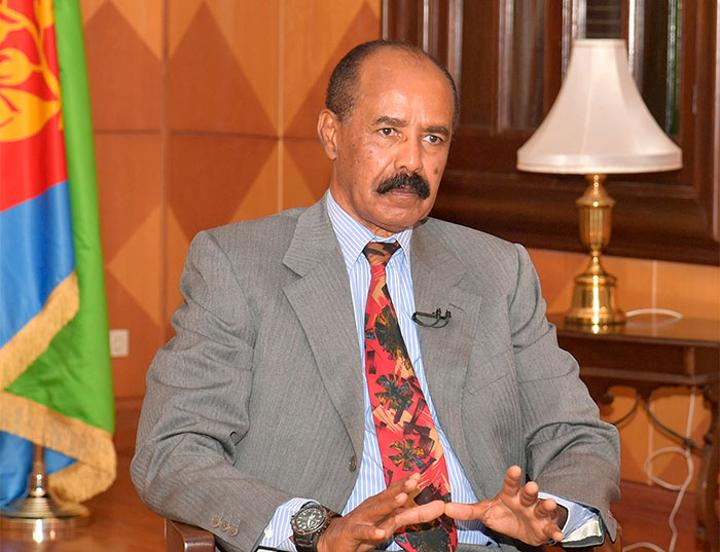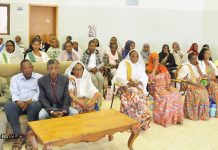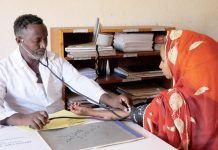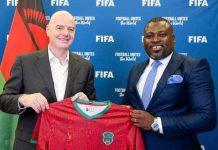Africa-Press – Eritrea. GOE’s short-term road-map for energy is geared at addressing the structural transition – as is broadly the case in the African continent – from a subsistence to an industrial economy.
In this respect, the current modest capacity – not more than 120 MW – will be augmented substantially. The blueprint of the programme envisages phased implementation with initial additional output of 360MW in the immediate, short-term, phase.
Total output is slated to increase to several Gigawatts in subsequent periods. Actual implementation plan will be modular in configuration and hybrid in nature to include thermal, solar, wind and geothermal sources of energy.
The modular concept revolves around devolved installation of 30MW power plants and mini-grids in each of the twelve economic zones throughout the country in the initial years.
The whole road-map is closely aligned and interfaced with our development plans in the three Economic Zones – the Eastern Lowland Zone; the Highland Zone and the Western Lowland Zone. The technical manpower requirements have also been addressed and in this sense, the blueprint is robust in terms of all the key parameters.
In regard to private investment, President Isaias underlined that the GOE had pursued an extensive programme of divestment of public enterprises in the early 1990s in the immediate aftermath of independence.
Nationalized enterprises, including housing, were all privatized at the time. The programme did not yield the expected contributions to the growth of a dynamic national economy for a variety of reasons.
Be that as it may, GOE continues to pursue a policy framework that encourages private domestic investment. The opportunities are vast and include all segments of society – from the farming or pastoral households to those with much higher capacity.
In this regard, all sectors – agro-industrial processing; the transport sector; electronics; assembly plants, the hospitality sector etc. are all open for investment.
The legal framework is also being revised and polished. Eritreans abroad have evidently higher potential and this will be tapped in an optimal manner.
This will require relevant data collection as well as judicious advice to funnel investment for more impacting ultimate output. Investments can be done individually or through groups.
The road-map and institutional frameworks are being refined, and some bottlenecks (housing etc. ) will be resolved, in view of the latent potential and demonstrated desire in the Diaspora to invest in their homeland.
Domestic private investment must also be seen in its regional context. The GOE has always been open to, and encourages, foreign investment. The problem is that this has largely been a zero-sum game in Africa as a whole, confined as it is, in most cases, to the extraction of raw materials. This has to change.
In this respect, Eritrea welcomes, contrary to some wrong perceptions, foreign investment – from the US, Europe, Asia or elsewhere – as long as it meets three cardinal parameters: it must create substantial employment for highly skilled manpower; it should result in the transfer of technology; and, it must focus on full value-addition instead of exporting unprocessed raw materials.
In conclusion, President Isaias urged for higher organization and more effective modalities of participation by all segments of the Eritrean society at home and abroad, including the EDF, to ensure the crystallization of the country’s extensive development programmes and thereby achieve the desired progress that is commensurate with their unparalleled resilience and dedication.
For More News And Analysis About Eritrea Follow Africa-Press







